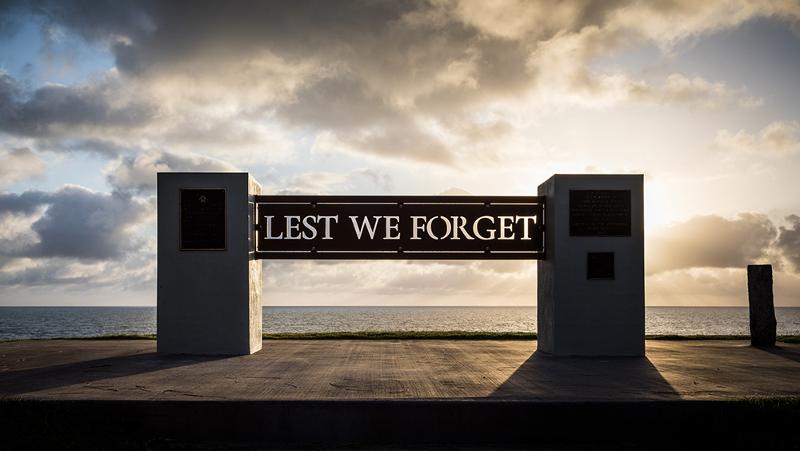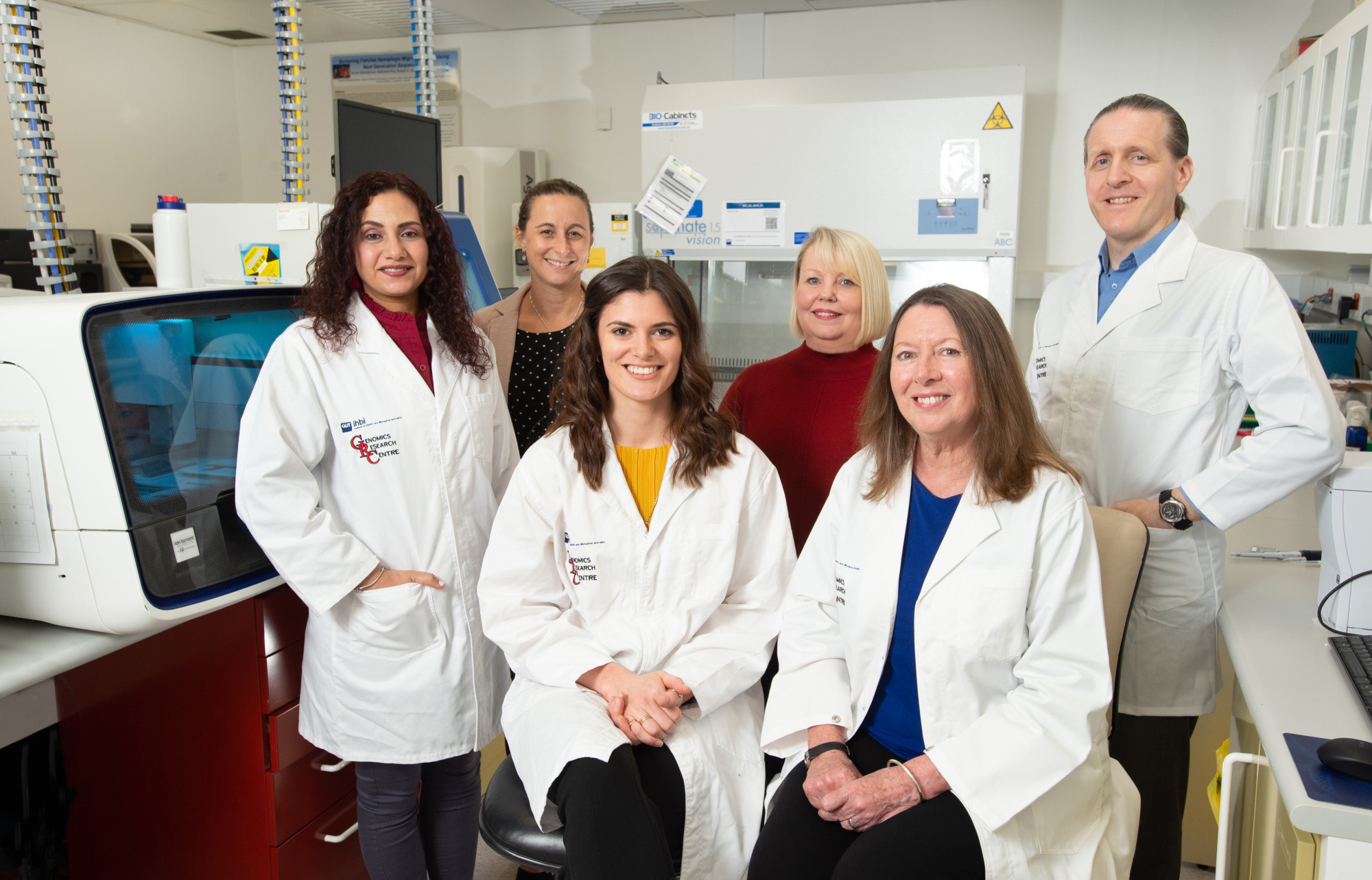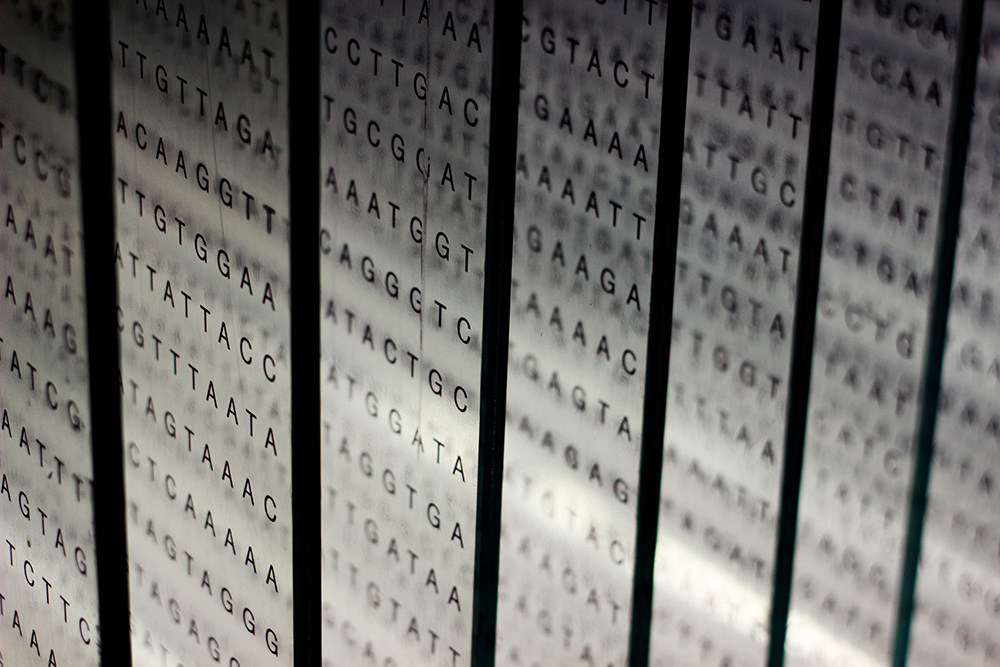
Families of targeted missing Australian service members will be invited to help establish a DNA Biobank to aid in identifying recovered remains, funded by a new $2.2 million Department of Defence Innovation Hub contract undertaken by QUT in collaboration with Defence.
- 500 families who are descendants of historic missing casualties will be invited to give samples for DNA
- Their DNA will go into a newly established DNA BioBank
- New advanced technology to extract DNA information from environmentally degraded remains
- More than $2 million project led by QUT with the Department of Defence
Lead Investigator Distinguished Professor Lyn Griffiths, from QUT’s Centre for Genomics and Personalised Health, said the project would use next generation sequencing (NGS) technology to generate DNA profiles of recovered remains and compare these to DNA profiles of samples from the Biobank of fallen soldiers’ living relatives.
NGS is technology which allows human DNA to be rapidly sequenced and to detect variant sequences passed on through generations of related individuals.
“We will establish the Biobank and generate both sets of DNA profiles to facilitate identification of fallen soldiers’ remains,” Professor Griffiths said.

“To do this, we will first develop family trees for around 500 missing soldiers so that we can track relatives alive today.
“Members of those families will be invited to give a non-invasive DNA sample which will be used for DNA profiling and compared to profiles that the team at QUT will generate from the remains of fallen soldiers accessed with the aid of the Defence."
Professor Griffiths said the QUT multidisciplinary research team was made up of experts in molecular genomics, genealogy, ancient DNA, sequencing analysis and bioinformatics.
“Our DNA strategy will use techniques typically applied to extract ancient DNA combined with the newest NGS technology to improve DNA profiling of highly degraded bones,” she said.

Professor Griffiths said the method used to identify historical human remains relied primarily on DNA from the mitochondria and, where possible, Y chromosome sequences.
“However, this project will also build on techniques used to extract useful nuclear DNA information and combine this with NGS to probe a wide range of genetic variations in nuclear, mitochondrial and Y chromosomal DNA to improve the reliability and accuracy of identification.
“After analysis, we will produce a genetic report containing information from the recovered remains on ancestry markers, as well as physical characteristic markers, such as, hair, eye and skin colour. This will aid Defence to target identification to fewer possible unaccounted soldiers and significantly reduce investigation and identification time.”

Professor Griffiths said the project aimed to develop standardised methods to improve current identification practices with full compatibility with and accreditation under Australian and international laboratory standards.
“The improvements in the range of identification markers, and analysis and comparison methods could enhance forensic techniques in general, which could assist in criminal investigations, missing persons, disaster victim identification and archaeology.”
The new QUT research team led by Distinguished Professor Griffiths comprises Hub manager Dr Bridget Maher, molecular genomics specialist Dr Jasmine Connell, genealogist Toni White, ancient DNA expert Dr Sally Wasef and bioinformatician Dr Elaine Cheung in addition to support from existing Centre members, bioinformatician Associate Professor Rod Lea, Associate Professor Larisa Haupt, Dr Robert Smith, Dr Heidi Sutherland, and Dr Neven Maksemous.
For more information, please contact fallensoldiers@qut.edu.au
QUT Media contact:
Niki Widdowson, 07 3138 2999, n.widdowson@qut.edu.au
After hours: Rose Trapnell, 0407 585 901 or media@qut.edu.au.




